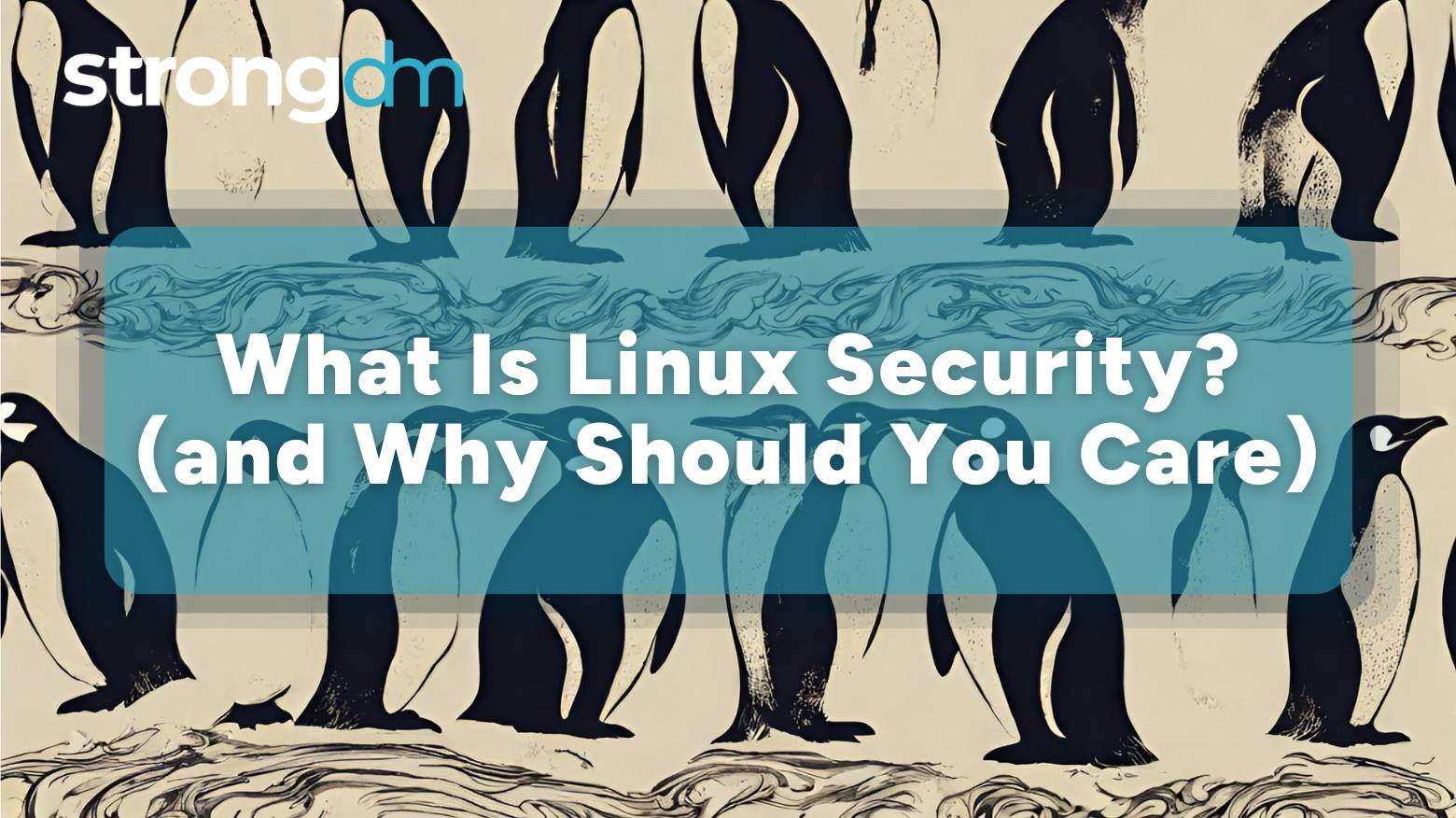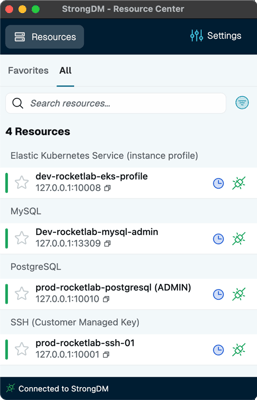Linux powers everything—from servers to IoT devices—and with that power comes a big responsibility: security. Linux security is all about protecting your systems from breaches, misconfigurations, and evolving threats without compromising performance. This guide explores everything from kernel-level protections to enterprise-grade defense strategies—and shows how to simplify Linux security by unifying access, enforcing Zero Trust, and replacing static credentials with identity-based access that
Posts by Category:
- Security
- Access
- DevOps
- Privileged Access Management
- Auditing
- Zero Trust
- Compliance
- Policy
- Databases
- SOC 2
- Authentication
- Identity and Access Management
- Team
- Compare
- Engineering
- Integrations
- Product
- Kubernetes
- AWS
- Productivity
- Podcasts
- SSH
- Observability
- HIPAA
- ISO 27001
- Role-Based Access Control
- Dynamic Access Management
- Secure Access Service Edge
- Webinars
- Events
- NIST
- Onboarding
- Passwordless
- Offsites
- Platform
- PCI
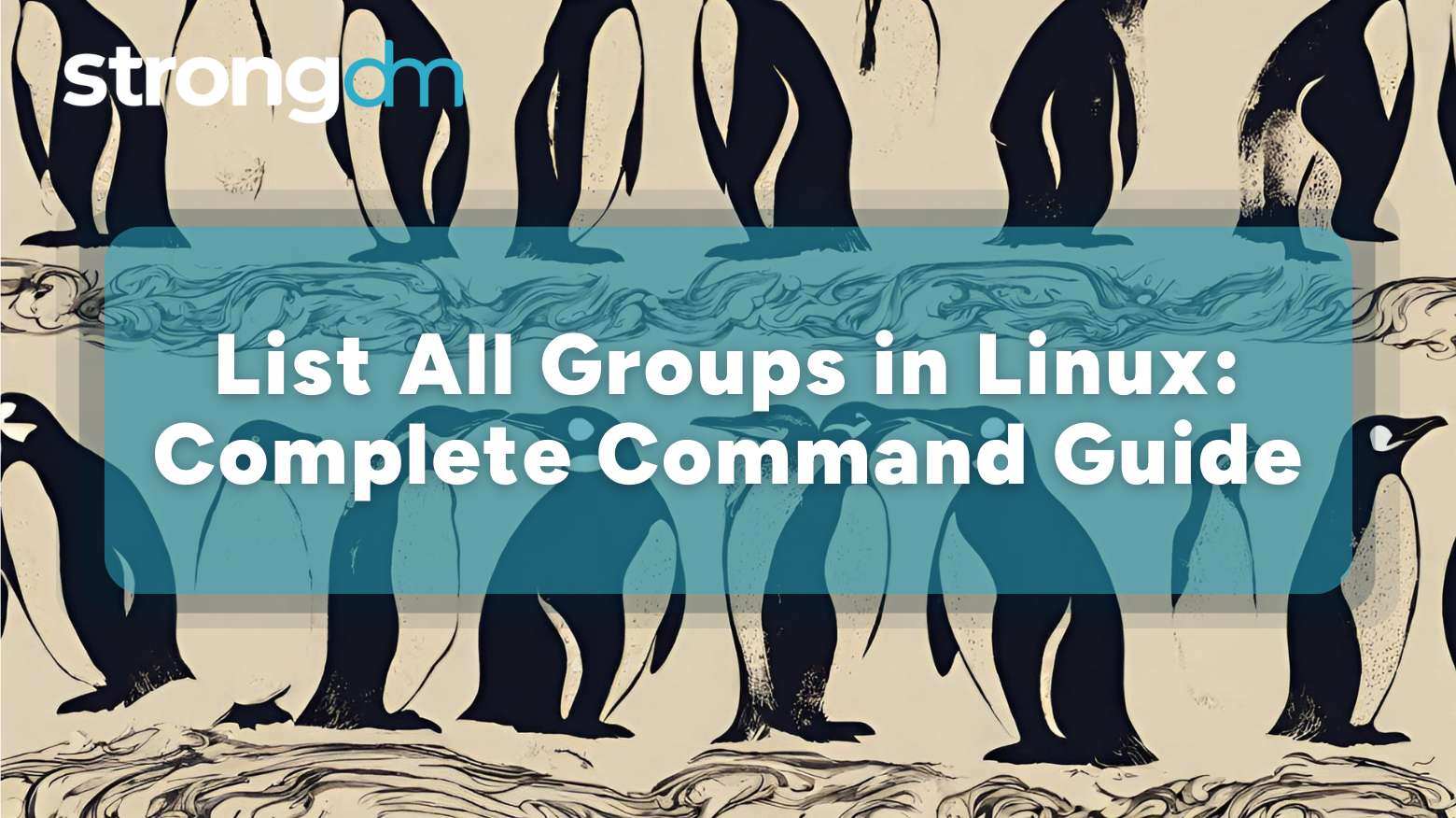
One of the most common and straightforward ways to list all groups in Linux systems is by leveraging the Linux "list groups" command. However, this isn’t the only way. There are several alternative methods, such as the "getent" command, the "/etc/group" file, and the "id" command. This guide will explore these methods in detail, so read on to get the full scoop.
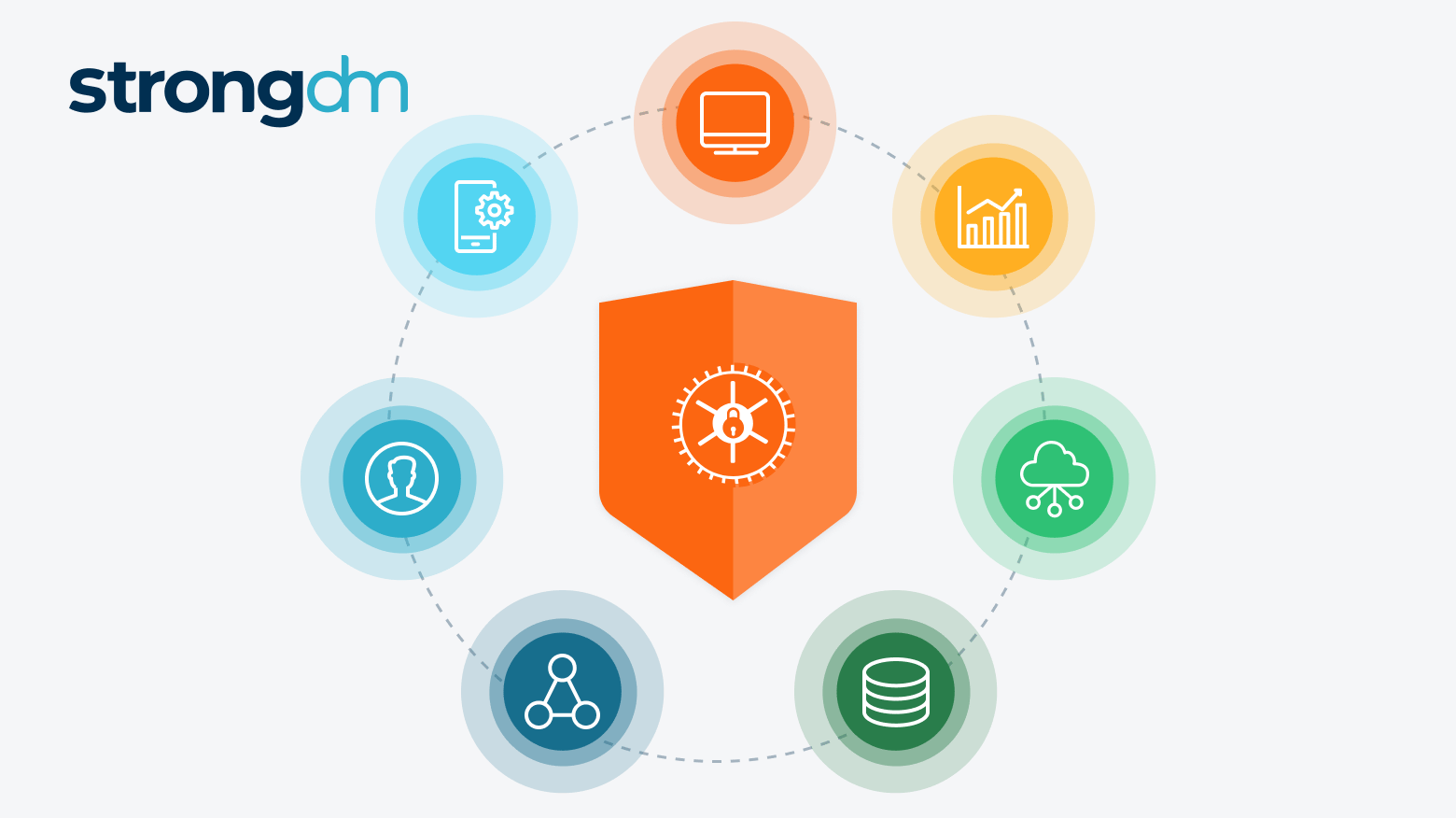
Discover why traditional secrets management isn't enough. StrongDM Managed Secrets offers vault-agnostic, Zero Trust security with secretless access, dynamic policy enforcement, automated rotation, and unified audits—perfect for complex enterprise environments.
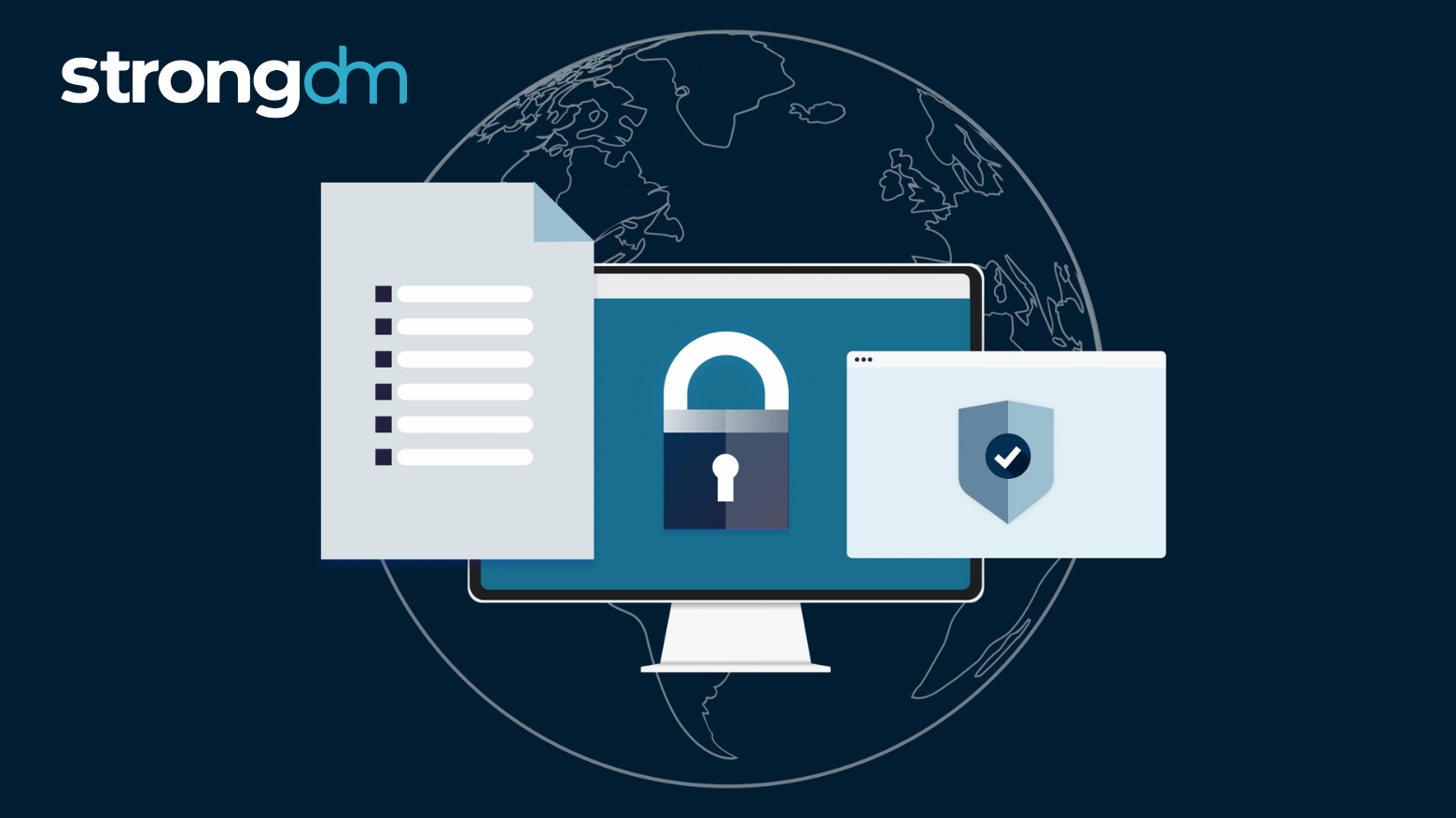
Security breaches make headlines, while compliance audits keep teams on edge. The pressure to protect data and meet regulatory requirements is mounting—and often, the lines between security and compliance get blurred. Are they the same thing? Are they working in tandem—or pulling in different directions? This post breaks it down: what security and compliance are, how they intersect, where they differ, and most importantly, how your organization can align the two effectively.
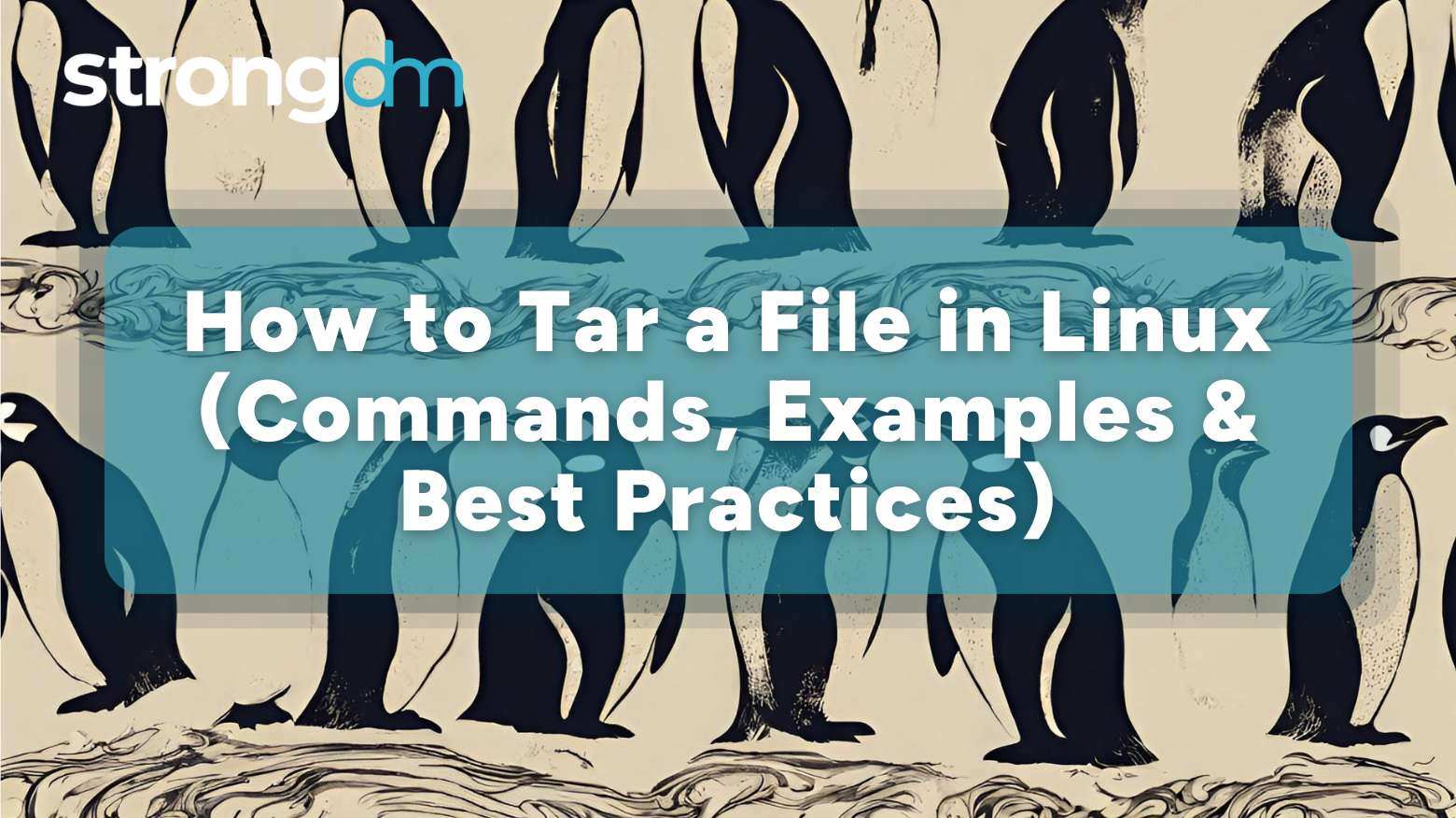
In this guide, you'll learn how to create, compress, and extract tar files—plus how to secure access to the systems and data inside them with centralized controls, real-time audit trails, and seamless permission management.
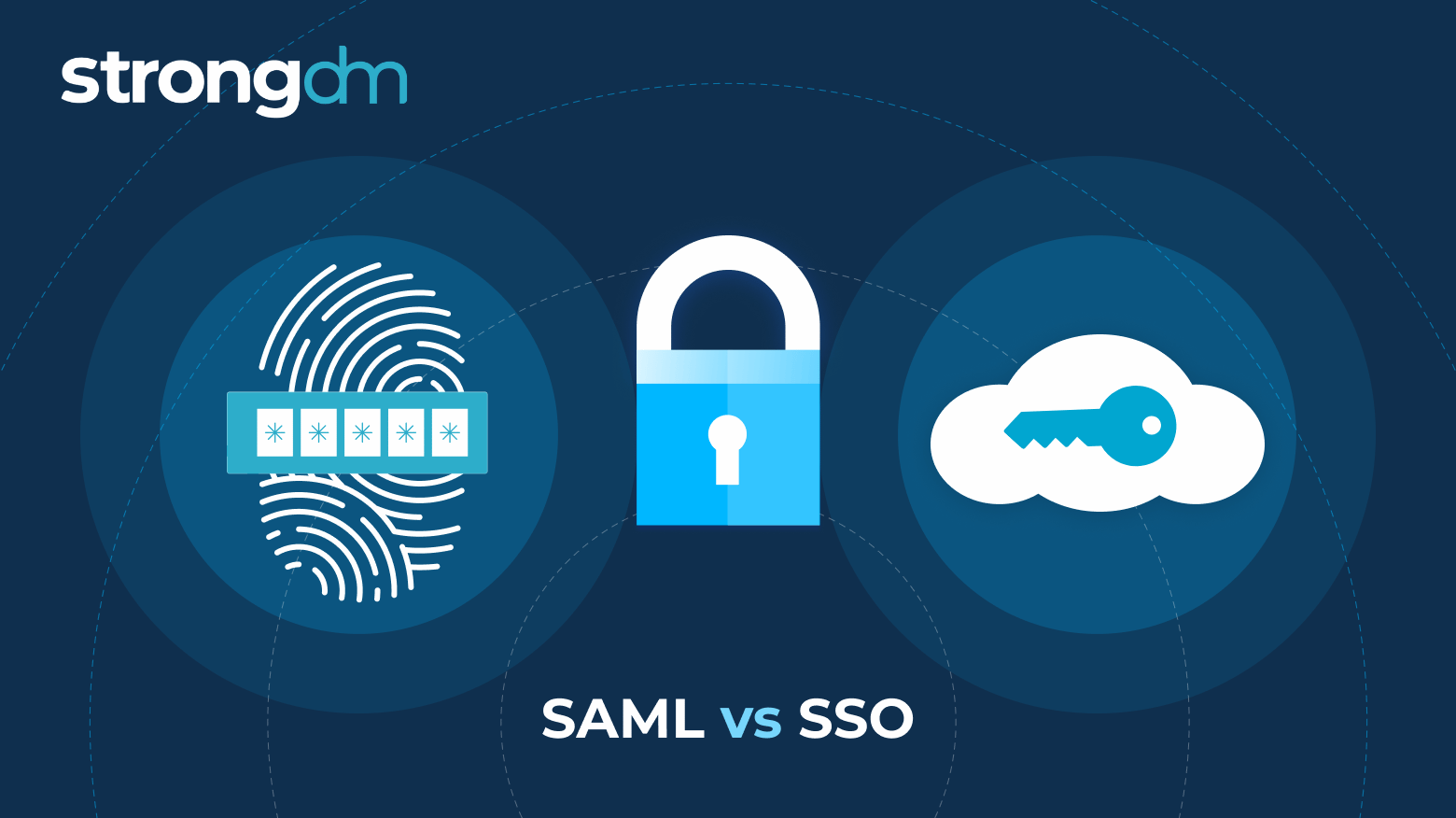
Single sign-on (SSO) gives users one login to access everything. SAML is one of the key protocols that makes that possible—passing identity data securely between identity providers and service providers. But while all SAML implementations are part of SSO, not all SSO solutions rely on SAML. Understanding how SAML fits into your authentication stack helps you choose the right tools for modern access control. This guide breaks down how SAML works, how it powers SSO, and how you can manage

Managing routine Linux tasks like backups and service restarts can be overwhelming. Cron jobs automate these processes, keeping your system running smoothly with minimal effort. This guide covers how to set up, use, and secure cron jobs for seamless automation.
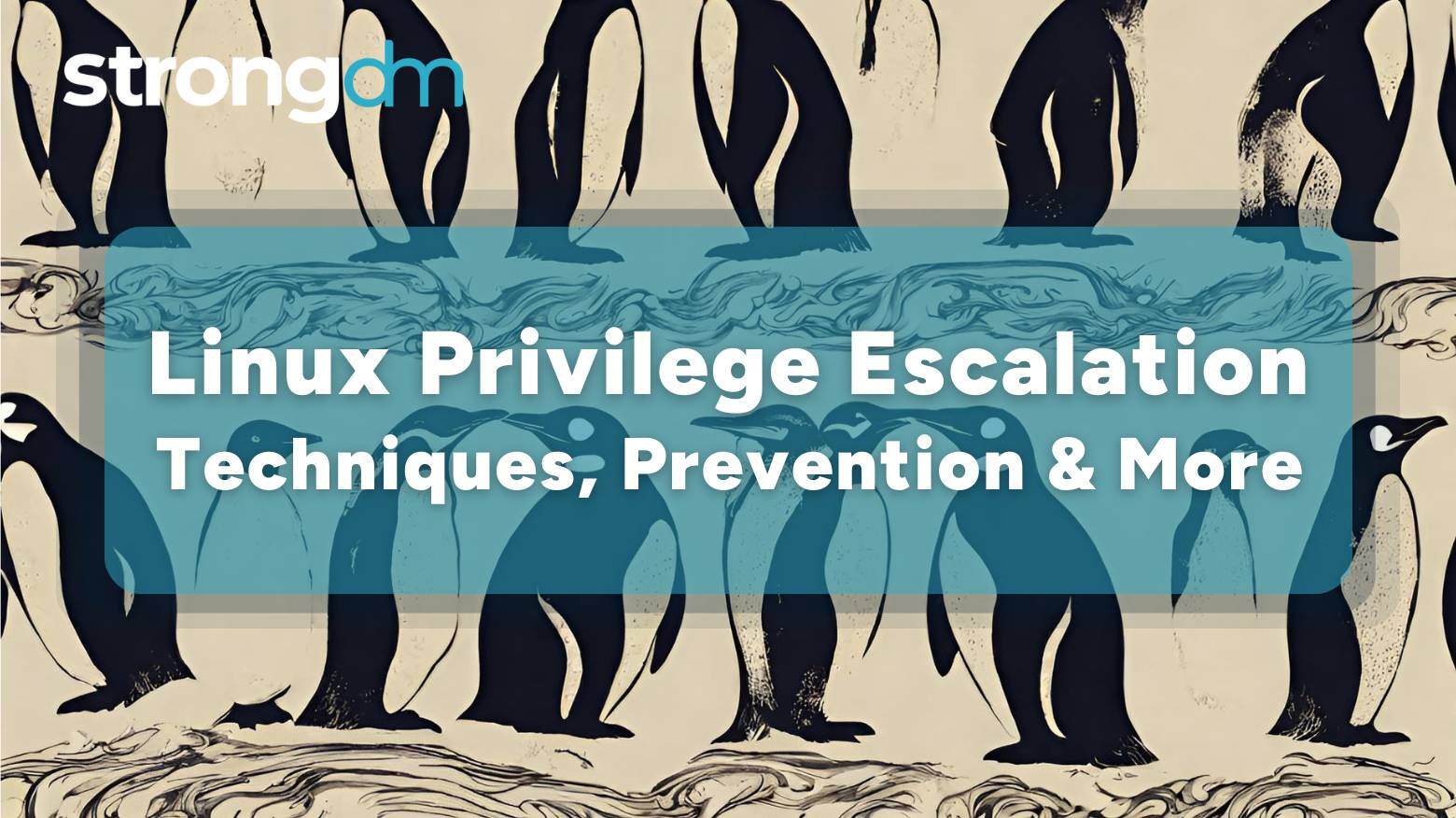
Curious about how Linux privilege escalation attacks occur? Our in-depth article explores the top techniques and methods that attackers use and how you can prevent them.
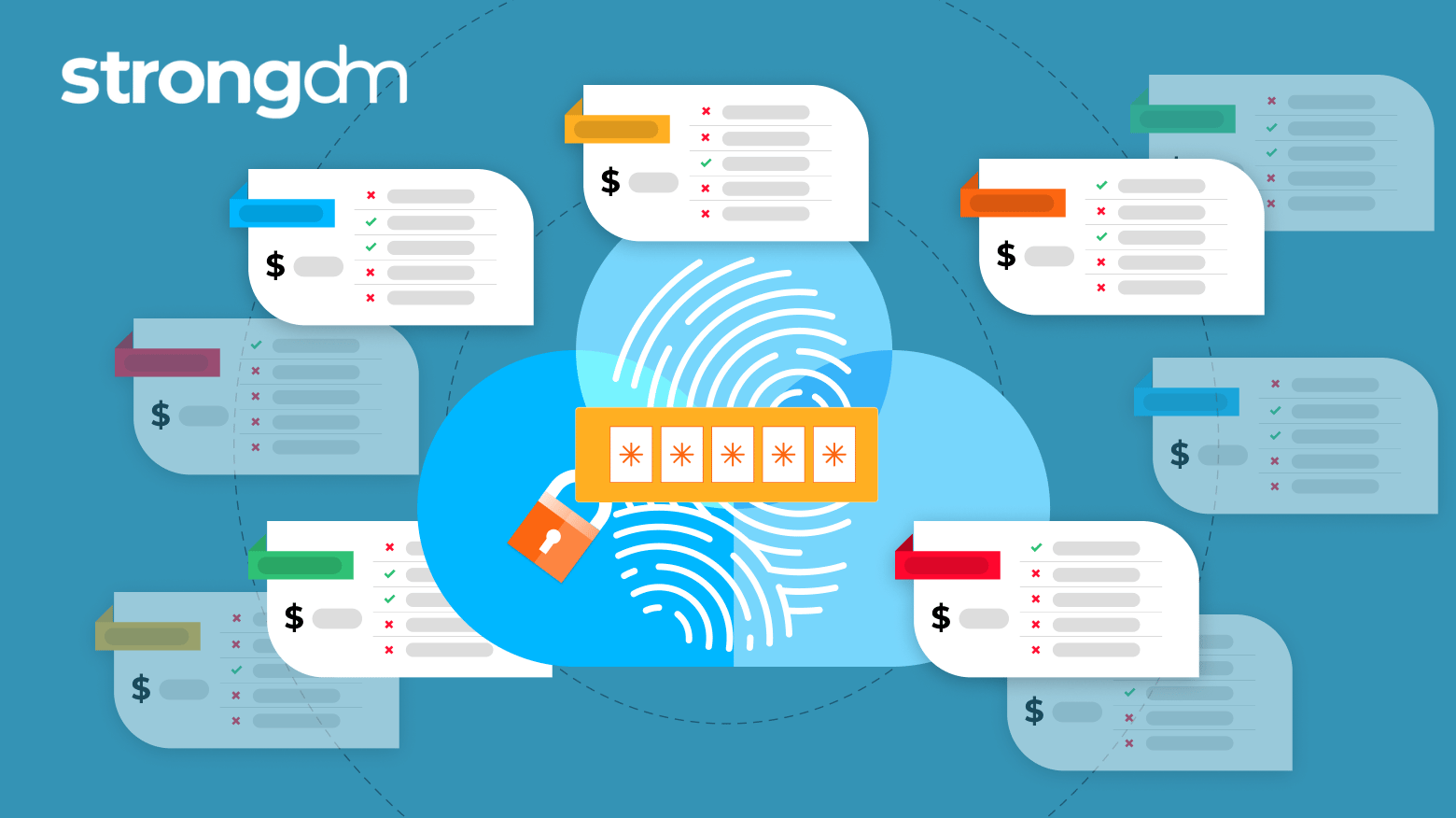
Legacy security models can’t protect modern financial systems. Continuous Authorization ensures real-time, risk-based access control for true Zero Trust. Learn how to secure your cloud and hybrid environments today.
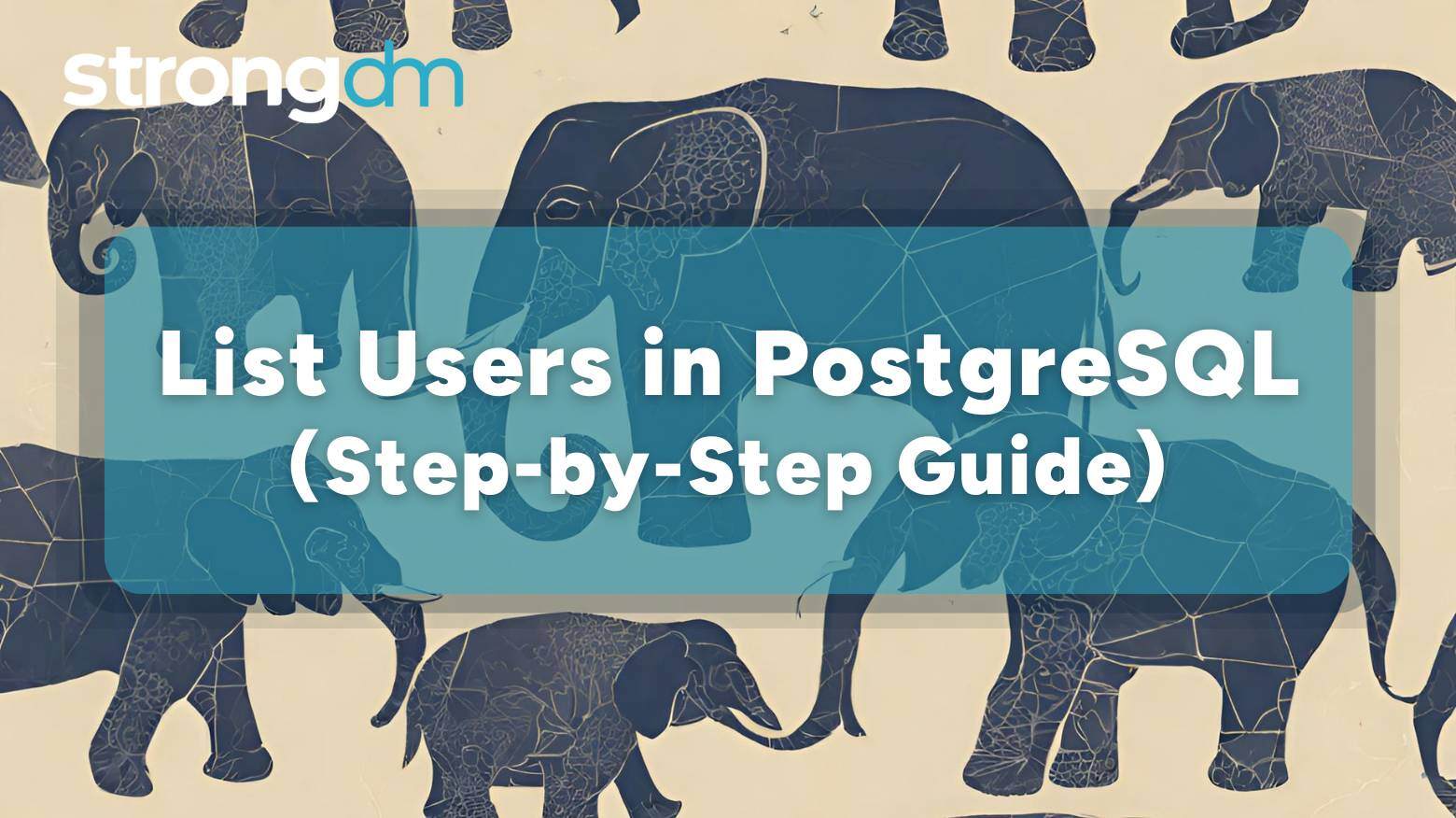
Up to 80% of data breaches in the U.S. start with unauthorized access. Without insights into who’s accessing your database, their login privileges, and the duration of each session, it can be difficult to prevent potential security threats. Fortunately, PostgreSQL is a powerful open-source relational database management system you can use to manage access control. Known for its advanced support, complex queries, and rich features, PostgreSQL can list users in your database for security audits,
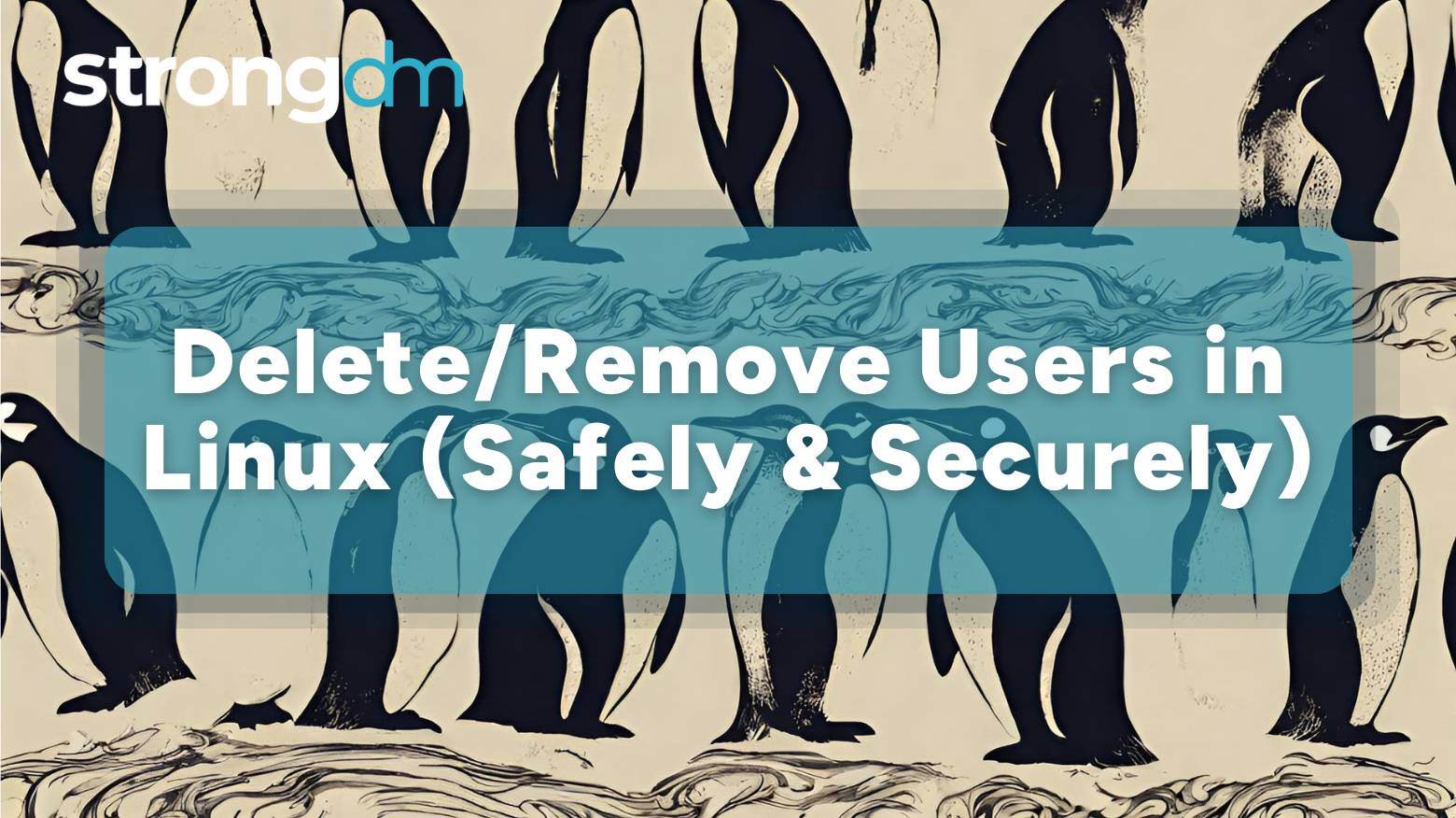
As a system administrator, a time will come when you’ll need to delete or remove users in your organization’s Linux system. It could be due to security reasons, routine account management, or organizational changes that require you to remove inactive accounts or offboard employees. Whatever the reason, it's important to do this properly to avoid problems like broken processes, orphaned files, and security vulnerabilities.
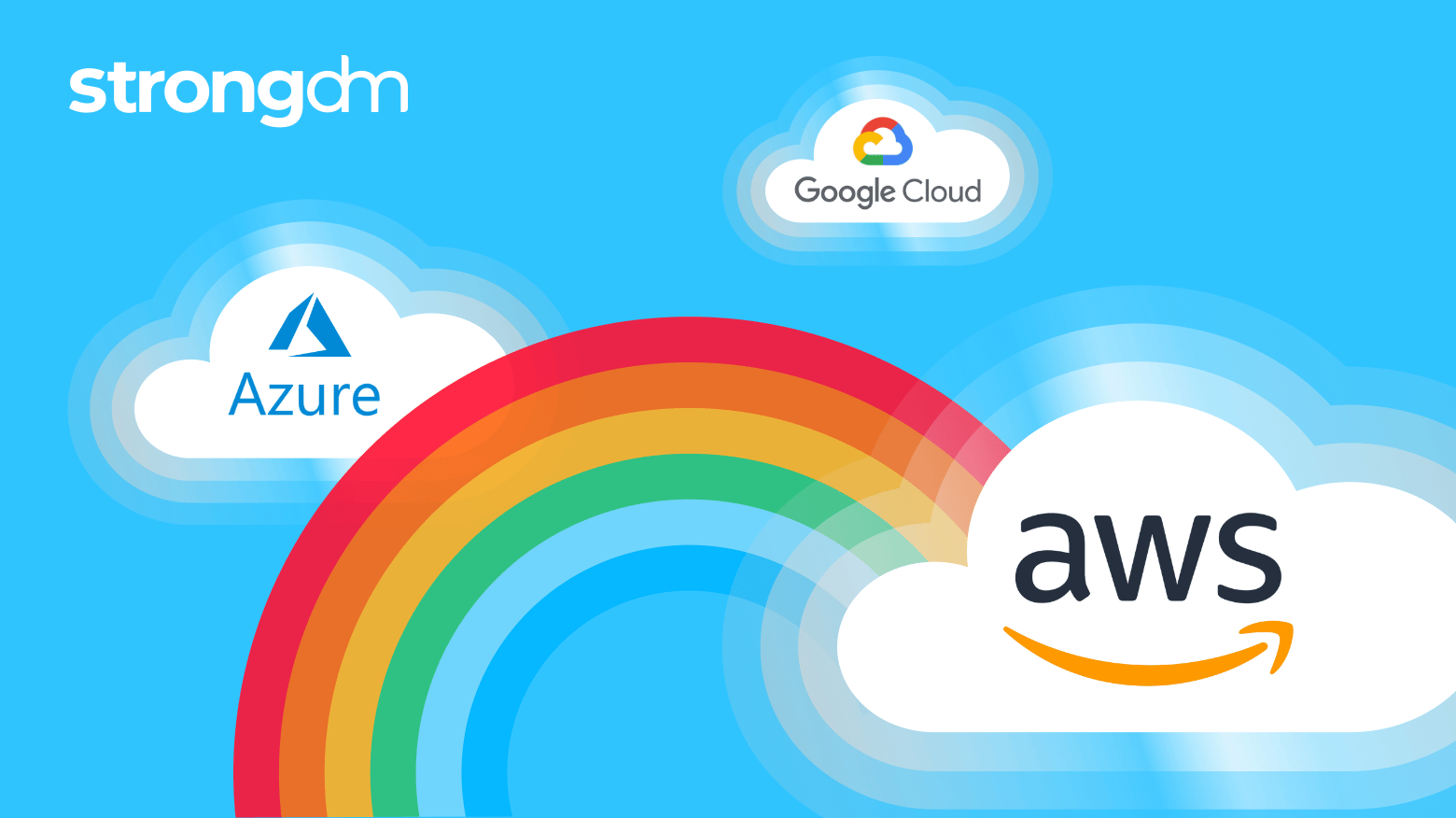
This guide breaks down the top cloud database solutions reshaping how organizations store, manage, and scale data. From relational databases to NoSQL options, we’ll cover what matters most when choosing the right solution for your needs. By the end, you’ll understand how modern cloud databases drive scalability and performance—and which one is the best fit for your organization.
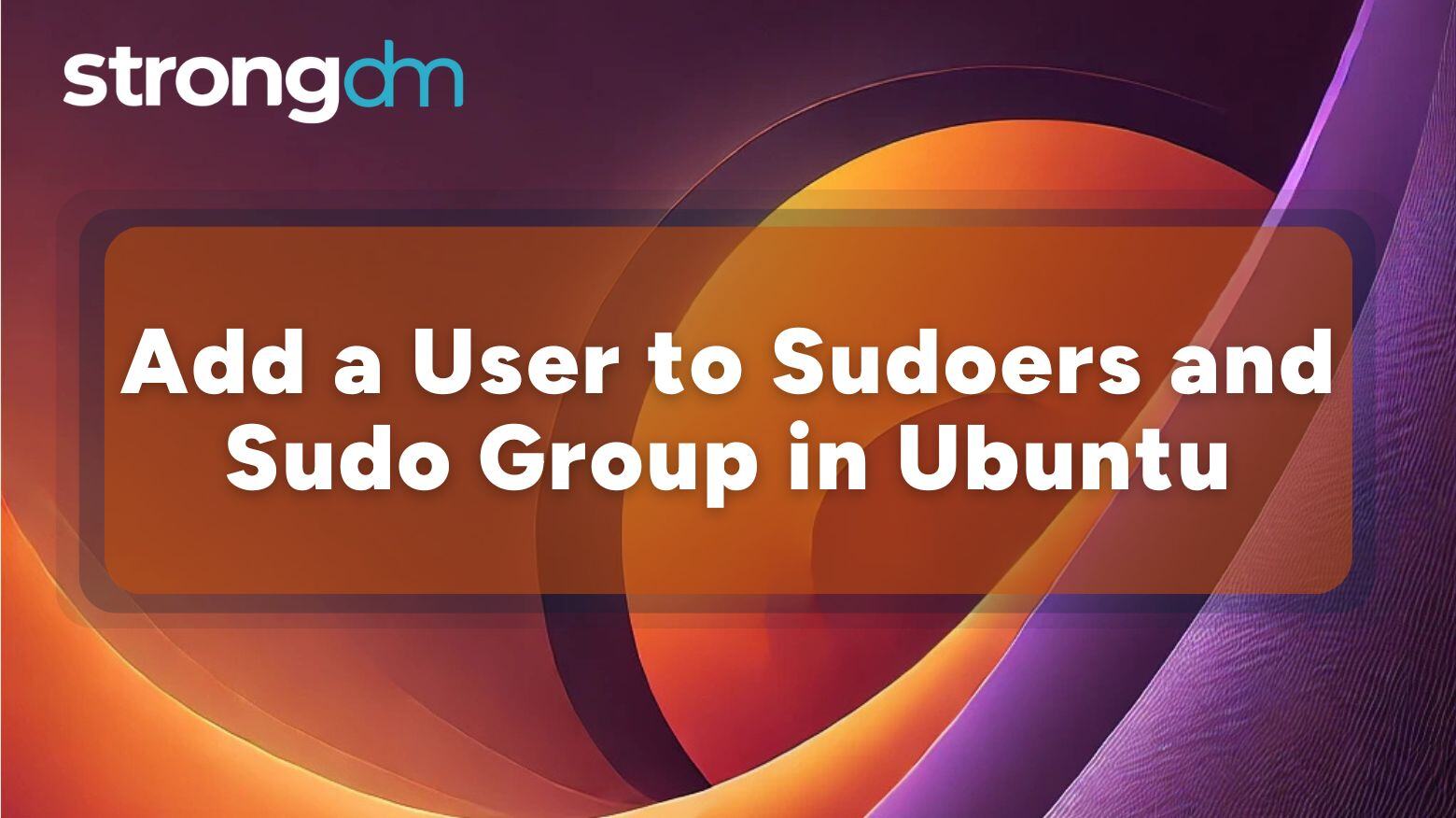
Security best practices recommend that you manage privileged access for Linux distributions like Ubuntu, just as with any other operating system. That’s why most Linux systems have the root user or superuser and regular users. At some point, you may need to elevate a regular user’s privileges so they can execute root-level tasks, such as modifying system configurations and settings. In this case, leveraging sudo can be helpful.

Managing secure access to infrastructure shouldn’t be a headache—but for most organizations, it is. That’s where StrongDM comes in. We replace clunky, outdated access solutions with a frictionless, Zero Trust approach that actually makes life easier for IT, DevOps, and security teams. In this FAQ blog post, we’re cutting through the noise to answer the most common questions about StrongDM—what it is, how it works, and why it’s the go-to platform for secure, scalable access.
